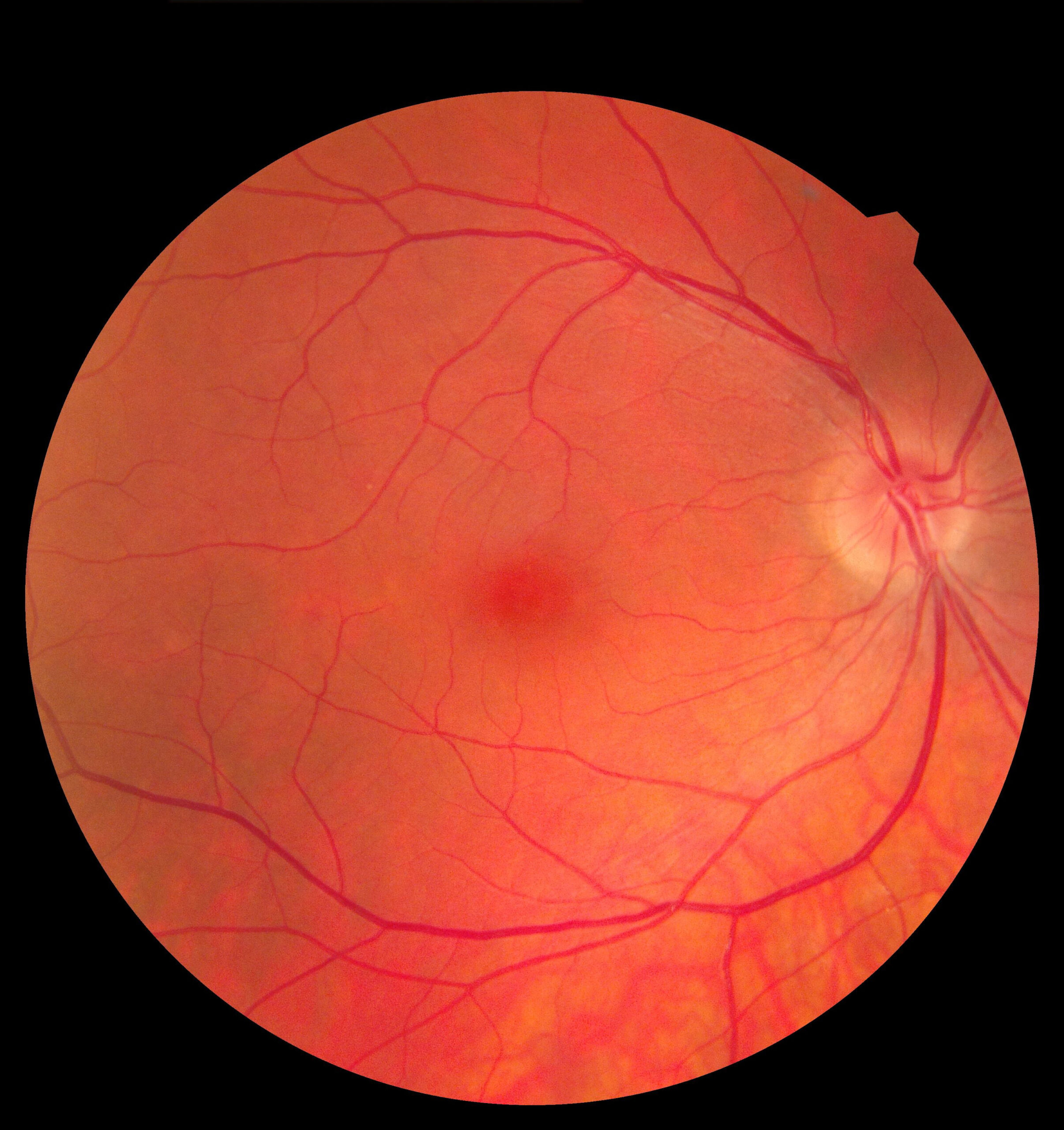Age-related macular degeneration (AMD) is a disease in which the macula (part of the eye that allows us to see) deteriorates, which leads to blurred vision. Recent evidence suggests that AMD is a clinical risk factor for increased infection and mortality of COVID-19 patients. In addition, AMD may raise the risk of developing respiratory failure and death (25%), making it higher than the risk of Type 2 diabetes (21%) and obesity (13%).
Researchers at Boston University School of Medicine looked at the genetic similarities of PDGFB gene variants in these two diseases to understand their novel association. The PDGFB gene encodes a platelet derived growth factor (PDGF) that is responsible for the leakage of cellular fluid in AMD. Researchers found that patients with severe COVID-19 complications were generally associated with AMD through particular genetic predispositions that make abnormal complement proteins and elevate PDGF concentrations in the blood serum.
The Boston University research group searched for genetic variants of AMD related to COVID-19 infection rates, critical illnesses, and hospitalization. The researchers then extracted public data from AMD and COVID-19 patients, while comparing with control groups, to determine how PDGFB variants influence concentrations in the blood and AMD cells.
The findings show that decreasing PDGFB gene activity both in blood and serum concentration reduces the severity of COVID-19, especially in older patients. In addition, after phenotypical analysis, a significant genetic correlation between AMD and COVID-19 infection remained (p-value of 0.02). Specifically, allele rs130651 is a risk factor associated with increased expression levels of PDGFB in eye tissues. PDGFB expression was also higher in AMD patients than in people without AMD. This supports earlier clinical study results that increased risks for COVID-19 complications in AMD patients may have a genetic basis; abnormal PDGFB expression may be the culprit for the complications of COVID-19 in patients with AMD. Currently, anti-VEGF (anti vascular endothelial growth factor) therapeutic treatments that slow down blood vessel growth in eyes combined with drugs that block PDGF signal molecules are undergoing clinical trials to determine their efficacy.
There are several tips to keep AMD patients away from the risks of COVID-19 complications. If one has wet AMD, they should constantly receive anti-VEGF infections to stave off vision loss. If one has dry AMD, they should constantly test their vision with an Amsler grid and check in with an ophthalmologist to prevent its transition into wet AMD. One should also plan a diet rich in vegetables like collard greens, fruits of all types, seafood like salmon or tuna, and a consistent vitamin regimen to bolster their immune system against a possible COVID-19 infection.
Eyes Checkups Are Essential
Image Source: Horacio Villalobos
Overall, realizing that AMD and COVID-19 share common genetic risk factors will hopefully motivate researchers to maximize the sample size of future clinical trials so the symptoms and progressions of both diseases can be alleviated.
Featured Image Source: Ольга Тернавская










